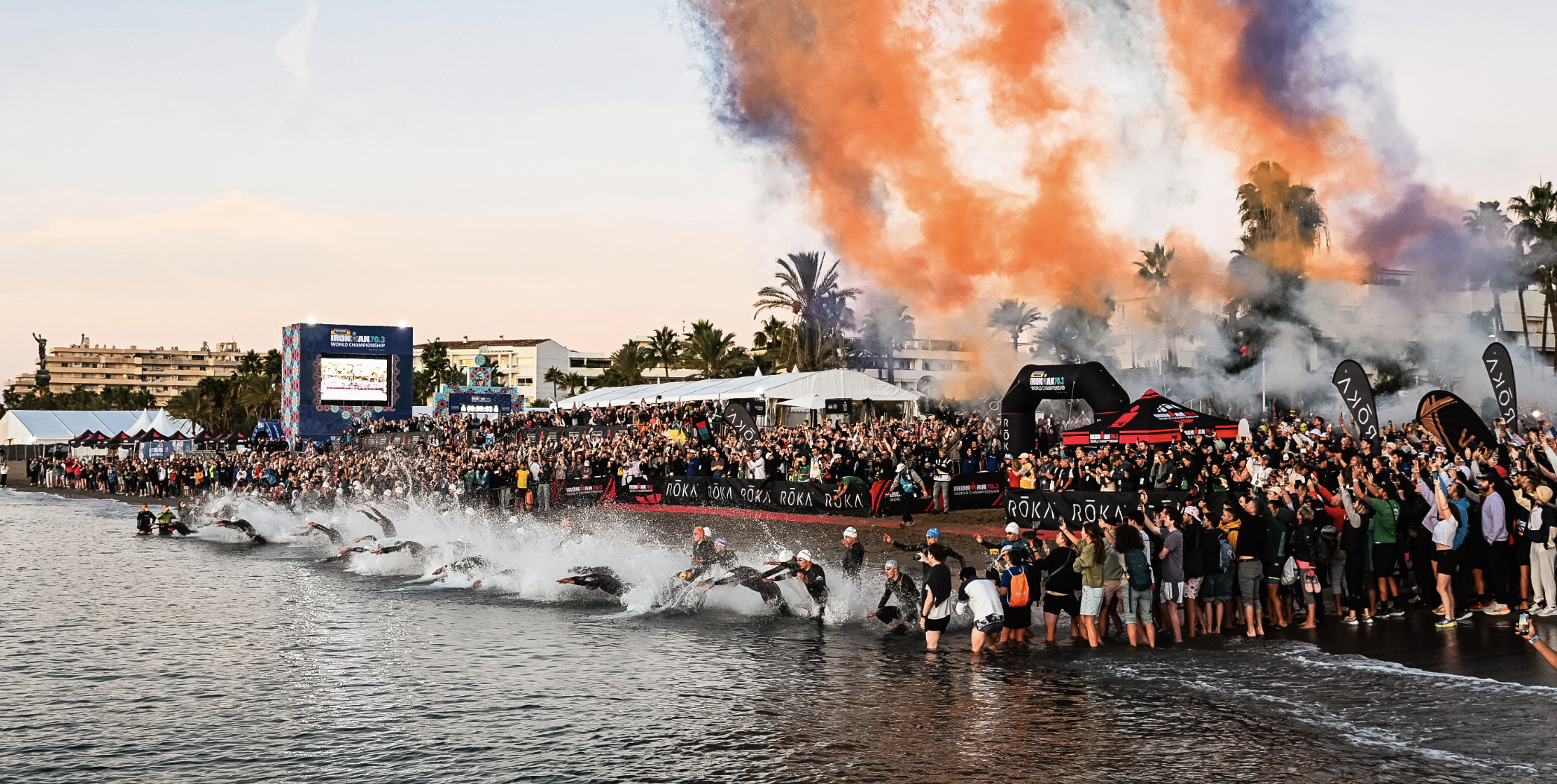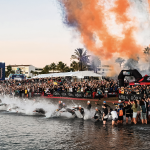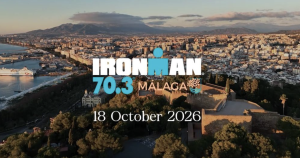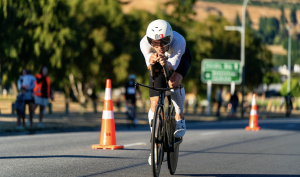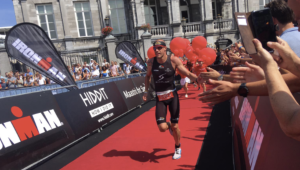After months of mounting criticism from athletes and coaches who argued that Ironman’s new performance-based ranking system unfairly skewed IM World Championship qualification, the organization has now announced significant changes aimed at restoring balance and transparency. With that Ironman shows that it’s listening to a fast growing group of athletes.
Ironman has unveiled a major evolution to its 2026 IM World Championship age-group qualification framework, releasing new data alongside structural adjustments prompted by unexpected outcomes from its recently (July 2025, ed.) introduced performance-based system. The updates follow a detailed review of results from the first third of qualifying races and extensive consultation with the athlete-led Ironman Championship Competition Advisory Group (ICCAG).
Unveiled earlier this year, the performance-based system was intended to provide equal opportunity for athletes to qualify by rewarding both age-group winners and athletes performing closest to their age-group standards. But early data revealed a significant imbalance – particularly in how performance-pool slots were distributed between men and women.
Ironman CEO Scott DeRue acknowledged both the intent and the shortcomings of the system so far: “When we launched our qualifying system earlier this year, the goal was simple; to give every athlete the same opportunity to qualify based on performance. Early feedback on this approach was met favorably, and we continue to believe in the foundation of this philosophy. However, there are certain elements of the new system that are not playing out as we expected, and we now have sufficient data to make informed decisions – for the overall health and long-term growth of the sport.”
Data That Sparked the Changes
With more than one-third of 2026 qualifiers completed, participation trends have heavily influenced slot distribution:
- 96% of performance-pool slots have gone to men, with only 4% awarded to women.
- Pre-launch testing had projected a far more balanced split of 15–20% for women in the performance pool.
- Women have represented only 15.6% of finishers, yet they accepted 20.3% of first-offer slots – showing that demand exists despite lower representation.
- Women declined 15% of their automatic winner slots, compared to just 3% among men. Those declining slots then rolled into a mixed-gender performance pool, where they overwhelmingly ended up with men simply because of higher male participation numbers.
Compounding the issue, Ironman noted that a much higher proportion of top-ranked women competed at the 2025 Kona World Championship (around 60%) versus the top-performing men at Nice (around 20%). As a result, fewer of the world’s strongest women had entered 2026 qualifiers, depressing performance indices in early female age groups.
The Key Changes Taking Effect Immediately
Beginning with the Ironman Arizona race this weekend, the following updates will be implemented:
1. Gender-Split Performance Pools
Performance-pool slots will now be divided into separate men’s and women’s pools, with slot numbers aligned to the gender representation of each race. This change preserves the performance-based philosophy while preventing women’s declined slots from disproportionately benefiting men.
2. Age-Group Winner Slots Stay Within Gender
Automatic winner slots will now roll down only within the same gender’s pool, eliminating the previous cross-gender roll-down effect.
3. Retroactive Slot Allocation
Perhaps the most impactful adjustment: Ironman will retroactively apply the new rules to all races already completed in the 2026 qualifying cycle.
This includes:
- Reallocating 24 women’s and 8 men’s previously rolled-down automatic slots.
- Awarding 44 additional retroactive performance-pool slots to women who would have qualified under the updated system.
Athletes will receive these offers automatically in the coming days, and any declined slot will move to the next athlete within the same gender.
Commitment to Continued Transparency
Ironman emphasized its intention to keep monitoring athlete behavior, slot acceptance trends, and outcomes over the remainder of the qualifying cycle. Regular updates and continued collaboration with ICCAG are expected.
DeRue reiterated this in a letter shared with the Ironman community: “Our collective aim is to inspire athletes globally to experience the joy, the sense of belonging, and the feeling of personal achievement that are woven through the sport of triathlon. Triathlon is life-changing for so many people around the world, and we are committed to a system that ensures athletes have an opportunity to live their Ironman World Championship dreams.”

